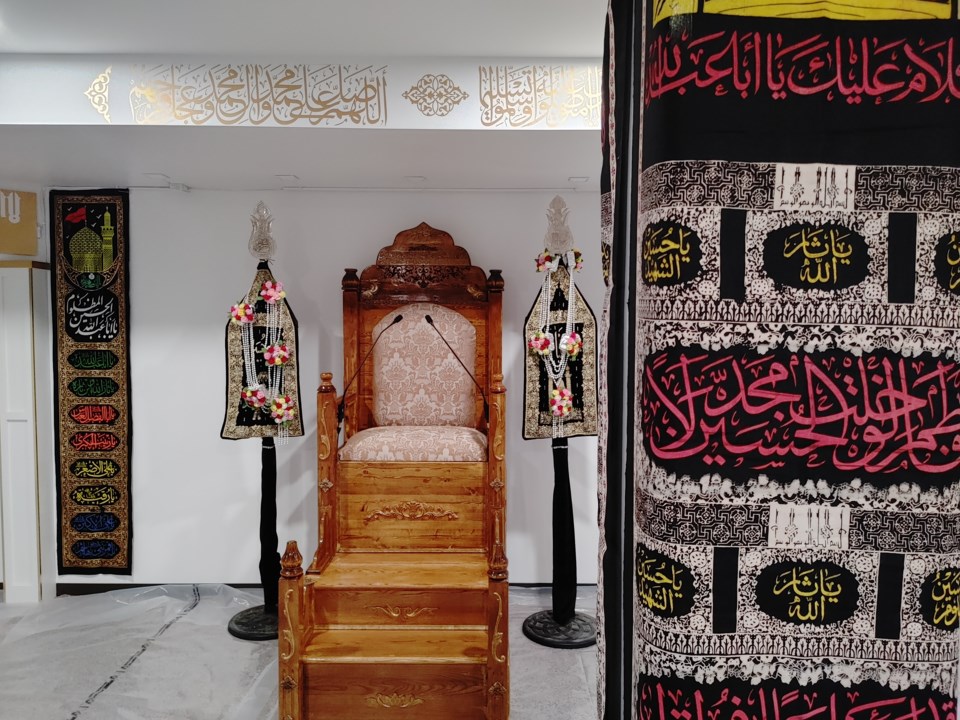While many cultures celebrate the new year with joyous activities and festivities, the Islamic New Year is commemorated in a more sombre way.
Sheikh Saleem Bhimji, a religious consultant with Richmond’s Az-Zahraa Islamic Centre, explained that the month of Muharram is the first lunar month of the Islamic calendar, where members of the Muslim community gather together in mourning and remembrance.
“This time of the month is when we remember the grandson of the Prophet Muhammad's grandson, Hussein Ibn Ali, was brutally killed in Karbala (in Iraq) about 1,300 years ago,” said Bhimji.
“We don’t bring joyous festivities into the month, but rather we keep it sombre as it’s a time (for) self-introspection, mourning and also a way of looking (at) the past year and what we have achieved in life.”
He added that marriages and birthday celebrations are often delayed a month and there is “nothing fun” like TV or games either.
Bhimji told the Richmond News that prior to COVID-19, the Az-Zahraa Islamic Centre welcomed more than 4,000 people every night for prayers and lectures in three of its main halls, a gymnasium and rooms on its second floor during Muharram.
However, when the pandemic hit, the centre had to shut down and no in-person programs were held in 2020.
“It was a tough year and the board of directors had to come up with a solution to offer Muharram virtually last year.”
During Muharram, group poetry and speeches by priests are held for 12 nights straight.
According to Bhimji, most Muslim communities in North America have a full-time scholar and residence where a person leads the lectures on a daily basis.
However, during special seasons of worship a guest speaker instead.
He added that, “This time of the year is not limited to the Muslim community and is open for others to experience this very significant event which resonates with every human rights movement all over the world.”



